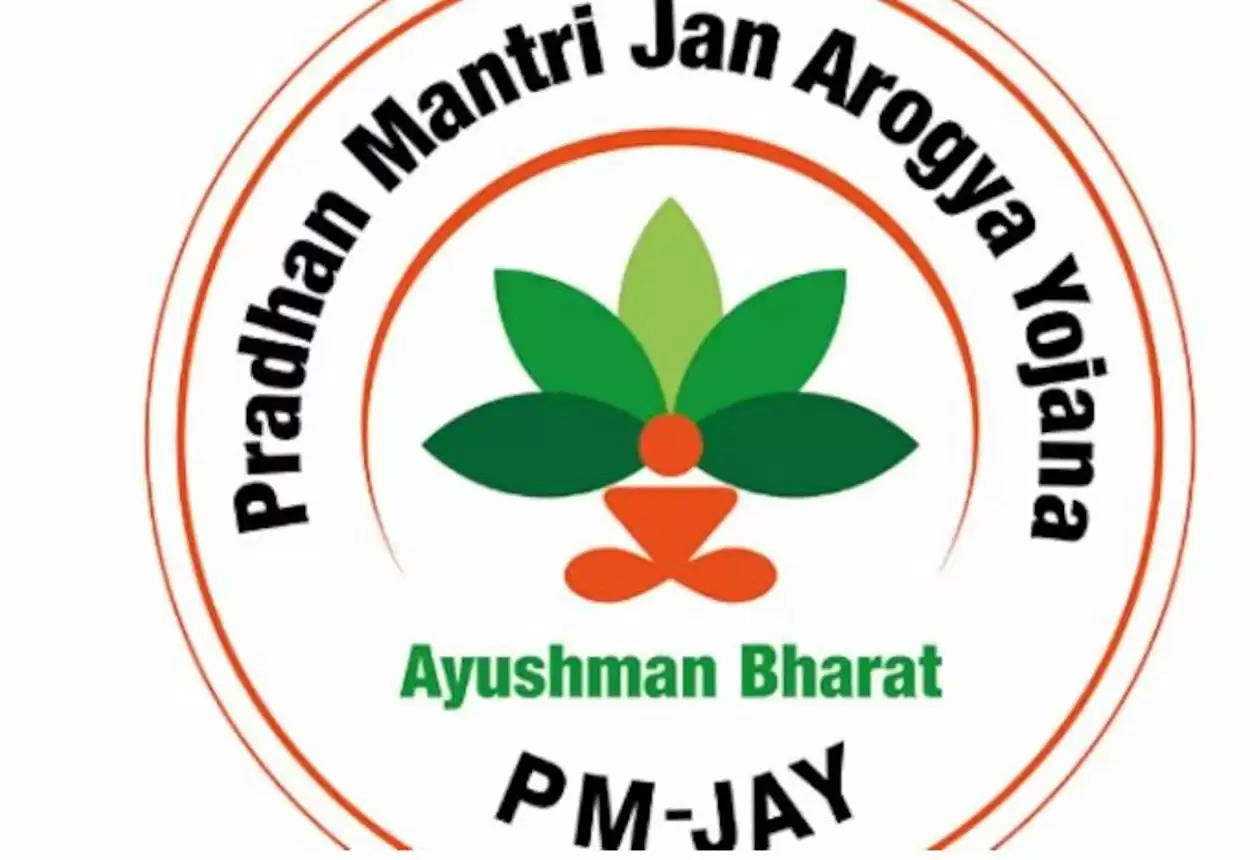Audit reveals alarming irregularities in Ayushman Bharat (AB-PMJAY) database
Invalid names, unrealistic dates of birth, and duplicate health IDs have been identified, casting doubts on the accuracy and reliability of the data stored within the AB-PMJAY system
In a startling revelation, the Comptroller and Auditor General (CAG) has uncovered a series of discrepancies within the database of the Ayushman Bharat Pradhan Mantri Jan Arogya Yojana (AB-PMJAY). The audit report, released sheds light on a range of concerning issues that have raised questions about the integrity of the flagship healthcare initiative.The audit findings, as detailed by the CAG, have exposed a multitude of concerning anomalies. Invalid names, unrealistic dates of birth, and duplicate health IDs have been identified, casting doubts on the accuracy and reliability of the data stored within the AB-PMJAY system. Additionally, the presence of unrealistic family sizes has further raised suspicions of potential mismanagement.
The audit report presented in Parliament on Tuesday revealed that households that were not eligible had been enrolled as beneficiaries of the PMJAY scheme. These households had received benefits ranging from Rs 0.12 lakh to Rs 22.44 crore through the scheme. The Ayushman Bharat scheme, launched with the aim of providing affordable healthcare to millions of Indian citizens, has faced its fair share of challenges since its inception. However, the CAG's latest findings highlight systemic flaws that demand immediate attention and rectification.
Government officials have responded to the audit report, expressing concern and assuring citizens that corrective measures will be taken swiftly. The CAG's revelations have triggered discussions among policymakers and healthcare experts about the need for enhanced data management and rigorous oversight to ensure the program's success and its impact on the lives of beneficiaries.
"According to National Health Authority (NHA) records, 7.87 crore beneficiary households were registered, constituting 73 per cent of the targeted households of 10.74 crore (November 2022)."
"The mobile number is captured only for the sake of reaching out to the beneficiaries in case of any need and for collecting feedback regarding the treatment provided." an official source said.
According to sources, the beneficiary eligibility is not determined by the mobile number, and the assumption that treatment can be obtained using a mobile number is incorrect. The CAG report highlighted that multiple beneficiaries were linked to a single mobile number within the health insurance scheme. The report revealed that a total of 7.49 lakh individuals were registered as beneficiaries under the mobile number 9999999999.
"The deployed Pradhan Mantri Ayushman Mitra during the initial stages would enter random numbers as provided against the beneficiary population to save on time and address large queues in the hospitals. The registration process used to take place at site of health service provider. There was a field in the database where mobile numbers had to be added and therefore, some random numbers as highlighted in the CAG report and in the media were entered." the source said.
Ayushman Bharat PM-JAY utilizes Aadhaar identification to identify beneficiaries, involving a mandatory Aadhaar-based e-KYC process. The information retrieved from the Aadhar database is cross-referenced with the source database. Subsequently, the approval or rejection of the Ayushman card request is determined based on the beneficiary's information.
"Also, the fact PM-JAY is an entitlement-based scheme and not an enrolment-based scheme and therefore, the beneficiary database is fixed and cannot be edited to add new beneficiaries. Thus, mobile number has no role in deciding beneficiary eligibility. Therefore, it is an erroneous presumption that beneficiary can avail treatment using mobile number." the source in the Health Ministry said.
Concerning the utilization of a single mobile number by multiple beneficiaries, it's important to acknowledge that during the initial beneficiary verification stage, the mobile number wasn't obligatory. Consequently, the validation of the mobile number wasn't part of the verification process. Although there was a provision to collect mobile numbers, there's a possibility that in certain instances, field-level workers entered a random 10-digit number due to this non-mandatory requirement.
"However, this wouldn't impact either the correctness of the beneficiary verification process or the validity of the beneficiaries' claim. Further, it may be noted that necessary changes have been made in the current IT portal used by NHA for capturing only valid mobile number, in case same is possessed by the beneficiary." the source said.
Sources indicate that the National Health Authority (NHA) has introduced three supplementary options for beneficiary verification: fingerprint, iris scan, and face authentication. These alternatives, along with the existing OTP method, offer additional ways to verify beneficiaries. Among these options, fingerprint-based authentication stands out as the most frequently utilized method.
To join us on Facebook Click Here and Subscribe to UdaipurTimes Broadcast channels on GoogleNews | Telegram | Signal



